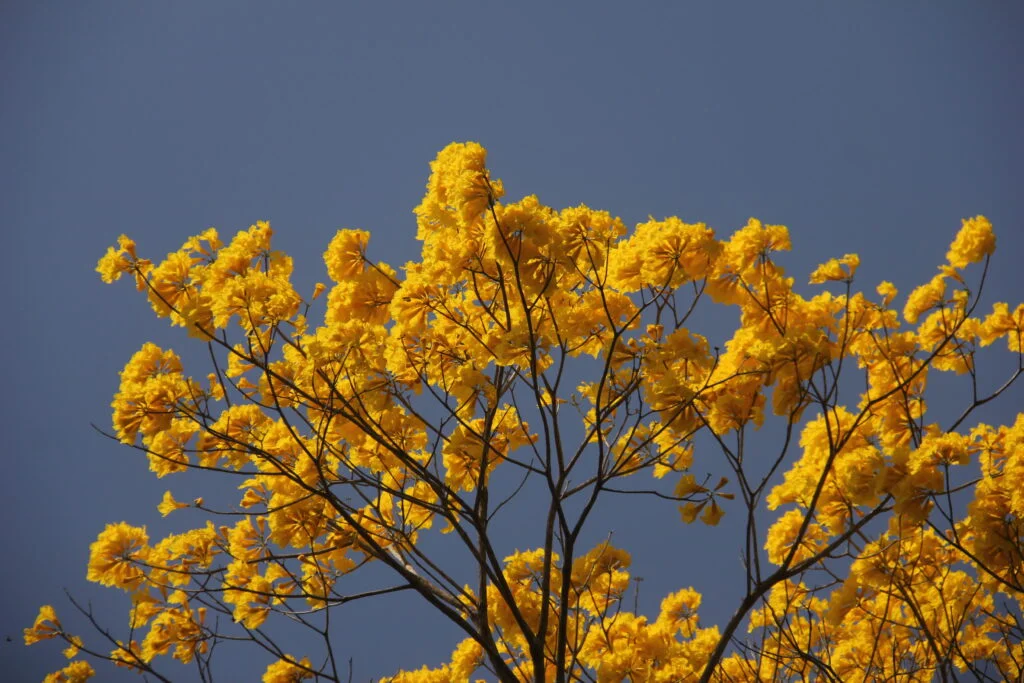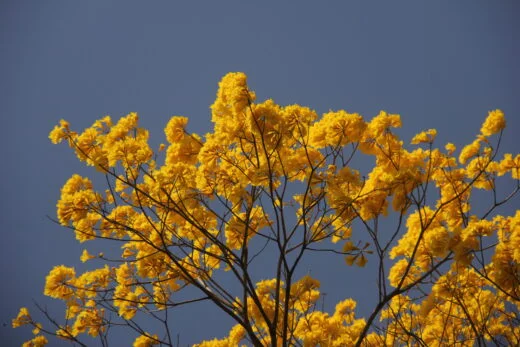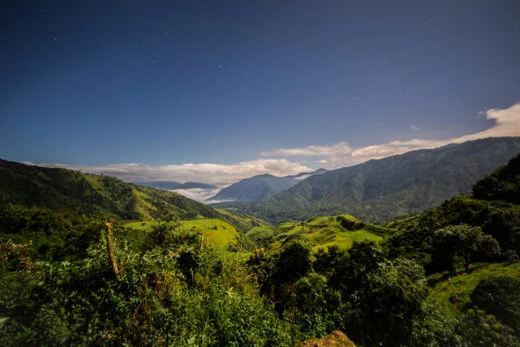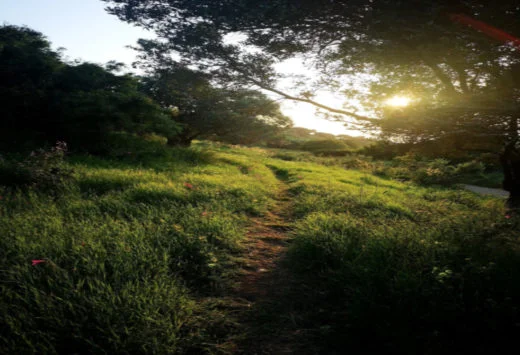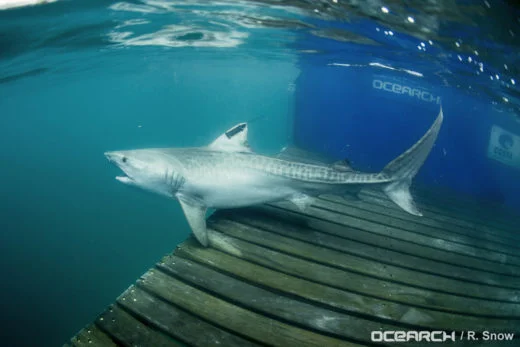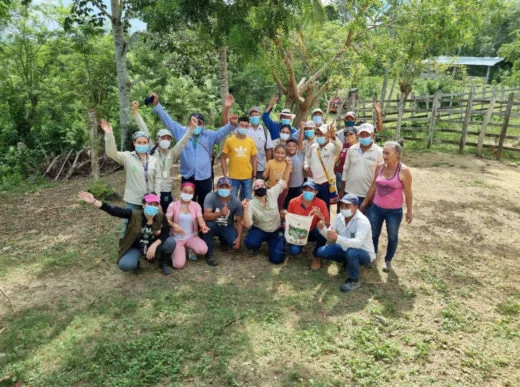By Rachael Chandra and Audrey Lekalakala
What’s next for green recovery as we address our global environmental crises? Environmental leaders with diverse backgrounds sought to answer this question, showcasing ways to take action towards a green recovery at a global scale, during the GGRC’s first ever virtual event on May 24, 2023. These leaders included Lucia Norris from Ecuador, Alejandra Monge from Costa Rica, Alstone Mwanza from Zambia, Pamela Abbott from the UK, and Ravi Prasad from Fiji.
What Leaders Have to Say About Green Recovery
Each leader shared a different take on green recovery. Alejandra Monge, Executive Director of the Corcovado Foundation, defined green recovery as a process of economic recovery that prioritizes environmental protection and social equity. She stressed the importance of biodiversity, noting that pandemics such as COVID-19 have disproportionately affected communities with low biodiversity. For example, the Corcovado Foundation operates in the Joseph Peninsula community, which had to shift from being a tourist attraction to implementing agriculture as a means for survival. Monge advocates for sustainable and cost-effective agricultural practices that reduce the use of synthetic fertilizers. As green as Costa Rica promotes itself to be, Monge said, they still have a huge dependence on agrochemicals. According to Monge, there’s a paradigm with the people of these communities where they depend on agrochemicals for food production. As the director of the Corcovado Foundation, Monge said their green recovery approach is modern regenerative agriculture as an alternative to reduce the use of chemicals and focus on strengthening soils.
Alstone Mwanza, USAID Integrated Land and Resource Governance Wildlife Specialist, agreed with Monge on the importance of biodiversity and its conservation, but he noted that many communities in Africa were less affected by COVID-19 isolation measures. And, Mwanza said, remote areas did better than urban communities. He attributed this to the fact that remote communities have more sustainable practices such as subsistence farming and live in more spread-out housing that encourages easy isolation. Mwanza indicated that this highlights the importance of traditional and indigenous knowledge in green recovery efforts.
Pamela Abbott, the Director of Natural Cambridgeshire, shared that if everyone is able to do their part in whatever spare piece of land they have, either communally or for themselves, green recovery can be achieved. Abbot pointed out that the social restrictions imposed by COVID-19 gave nature a chance to recover. She believes that true green recovery requires humanity to take a step back and allow nature to take the lead in restoring ecological harmony.
Ravi Prasad, another expert on the panel and co-founder of the GGRC with a background of working in the UN, said that green recovery should focus on creating new green jobs and installing renewable energy sources. The UN is funding projects on the ground, Prasad said, where they not only install renewable energy sources but also use these to power other forms of tools and devices that could help these communities earn income. He also stressed the importance of building the capacity of local communities to use and sustain solar powered sources of income.
An Example of Green Recovery Efforts in Action
The leaders explored examples of actions that contribute directly to green recovery. For instance, Abbot mentioned that members of the Mayor of London’s Rewilding Task Force collaborated to bring nature back to London by following the IUCN’s principles around rewilding and ecosystem restoration. They worked with Citizen Zoo, a nonprofit organization that helps individuals participate in local restoration work. Altogether, 300 people were involved in Citizen Zoo led river and waterfall restoration. Volunteers even bred large Marsh grasshoppers in their homes (with the proper protocols) in order to re-introduce populations to restored lands. Citizen Zoo continues to look at areas of London where they can collaborate with different landowners to restore nature.
Our Key Takeaways
The green recovery discussion was rich with many examples, and here are some of our key takeaways:
- Biodiversity is essential for a healthy planet.
- Sustainable and regenerative agricultural practices are key to a green recovery.
- Renewable energy sources can help to reduce our reliance on fossil fuels and power sustainable income generation activities for local communities.
- Education and awareness are essential for protecting biodiversity.
The discussion and suggestions shared during this event sparked our interest and opened doors for further exploration. We were inspired by Monge’s suggestion to promote native crops and reduce chemical and pesticide usage, enabling more sustainable agricultural practices. There have been a lot of amazing results where people have actually implemented this new process, for example, according to Monge, plants and trees that never produced anything started producing doubles.
The leaders, however, emphasized that solving the climate crisis is not solely the responsibility of global leaders or policymakers but requires individual action. They underscored the importance of raising awareness and providing education to empower individuals to protect biodiversity and contribute to a sustainable future. By taking personal initiative and embracing a cyclical approach to conservation, we can collectively make a difference.
Conclusion
Overall, the discussion was lively and engaging. The panelists shared many green recovery insights. This first ever GGRC event was, in our opinion, not only a pleasure to plan and be a part of, but was an overall success. It is evident that the GGRC is a valuable platform for anyone who is interested in collaborating for conservation and recovery.
The GGRC platform provides a wealth of information on green recovery, and has incredible events and webinars planned for the future. If you are interested in learning more about green recovery, we encourage you to visit our website, register as a member, try out our tools such as member to member communications and discussion forums, share your perspectives and attend our next GGRC events.

